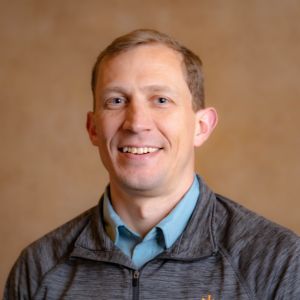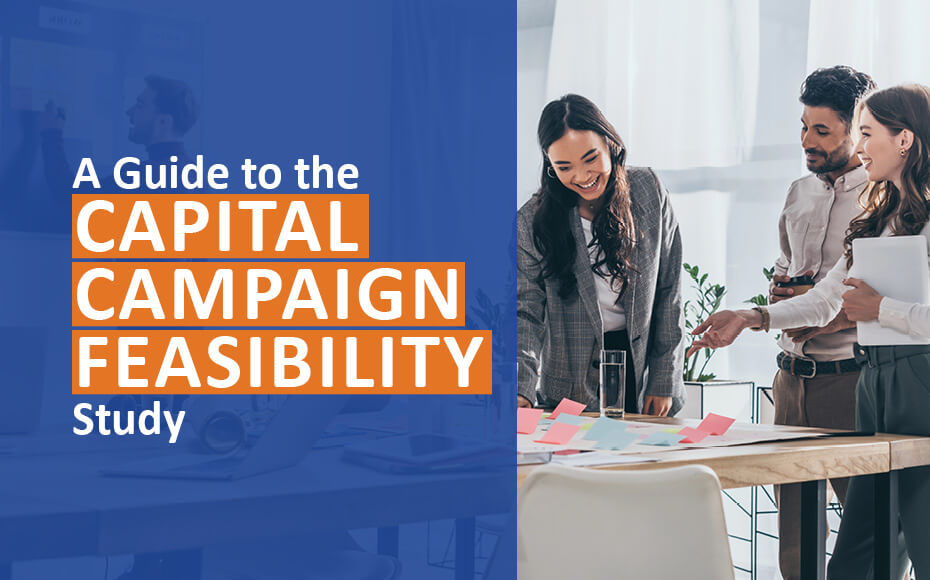By Brian Abernathy
Perhaps somewhat ironically, change is often the only constant in business. We live in a VUCA world – Volatile, Uncertain, Complex and Ambiguous. This phenomenon touches everything today, leading to head-spinning and rapid change on both a global and local scale. Economic Development Organizations (EDO) face a unique set of challenges to address.
What does change look like for EDOs? Everything from shifts in policy, market trends, funding fluctuations, institutional restructuring, new initiatives, technological advancement and beyond. To thrive amidst the complexity of many moving parts, EDOs must implement critical practices to enhance resilience and adaptability to stay helpful to the communities they serve.
Many projects are born from the need to adapt to different circumstances, and nothing has defined change like the COVID-19 pandemic. As a proven expert in major fundraising and capital campaign management Convergent Nonprofit Solutions ability to persevere was highlighted in one capital campaign in progress when the pandemic struck. Learn more about how Convergent and The Chamber of Greater Springfield attained the pre-pandemic fundraising goal of nearly $4 million.
Preparation and mindset
In a Forbes article by Rebecca O. Bagley about “Leading In The Box,” change consultant Jim Blackburn outlines two distinct challenges faced during organizational change: the logical strategy to execute a specific change and the emotional response to that change.
These points highlight that preparation and mindset are at the core of successful change management for EDOs. While, by its nature, change is unplanned, creating an agile and adaptable organization is vital to meeting and mastering change head-on. Here are a few essential strategies for EDOs to effectively navigate change and fulfill their mission of fostering community growth and prosperity.
- Create a change culture: Before any change happens, leaders in EDOs must nurture a change mindset among their teams, emphasizing the importance of adaptability and flexibility. By nurturing a culture that embraces change, EDOs empower their staff to approach new challenges with enthusiasm and agility. Enhancing adaptability, problem-solving, and collaboration prepares employees to embrace new challenges confidently.
- Establish a clear, flexible vision: The first step in any change management effort is clearly defining the purpose and plan for the change. Economic development leaders must articulate the “why” behind the change and how it connects to the organization’s overall mission and goals. This vision should be adaptable and communicated widely to build buy-in.
- Engage in transparent communication: Effective, consistent, and transparent communication is critical throughout the change process. Economic development organizations should develop a detailed communication plan to reach all stakeholders, including staff, boards, community partners, and the public.
- Empower and engage employees: Employees are critical to the success of any change effort- and often the ones on the ground who know most about day-to-day operations and potential impacts. Economic development leaders should empower their teams, involve them early in a planned change, and create opportunities for meaningful employee engagement and feedback.
- Establish clear roles and responsibilities: To provide a sense of agency and clarity around contributions, it’s crucial to define the roles and responsibilities of all stakeholders involved in the change effort, from the project team to end-users.
- Track progress and iterate where needed: Change initiatives should be regularly monitored, with appropriate metrics and feedback loops in place. Economic development leaders must be prepared to adjust the change plan as needed based on progress, challenges, and evolving circumstances.
- Celebrate and reflect: Celebrating milestones and successes, along with recognizing key achievements, aids in building momentum and morale. EDOs should also capture, share and discuss lessons learned to inform future change efforts.
As Bagley writes, “You can decide to view change from two angles. It can be the end of something or the beginning of something else.” Change is inevitable, but with proactive measures, a great deal of empathy, and a strategic approach, EDOs can navigate through uncertainty and emerge more robust than before.
Engage the expertise possessed by Convergent Nonprofit Solutions to prepare and weather the storms of change that arise as obstacles to your organization’s success today!







